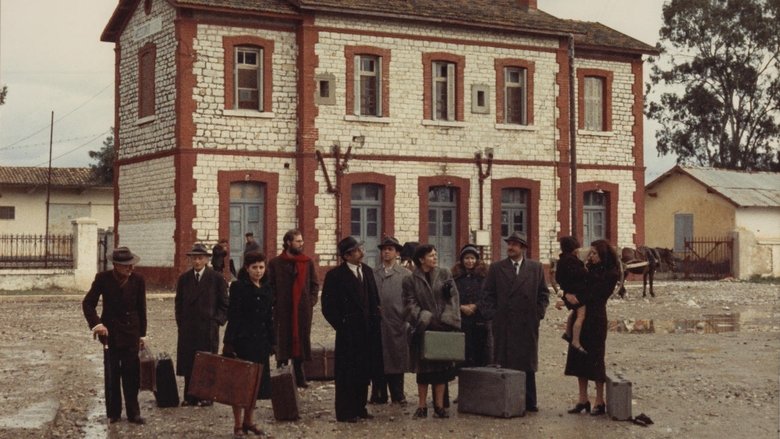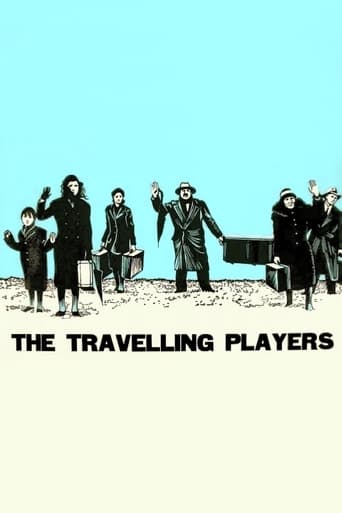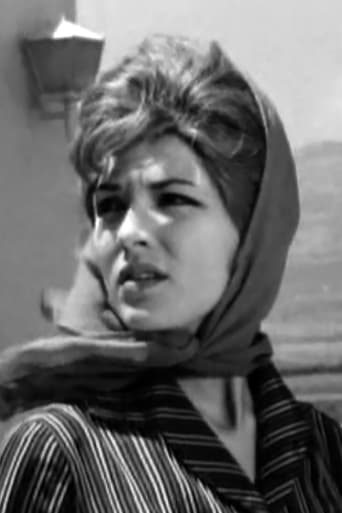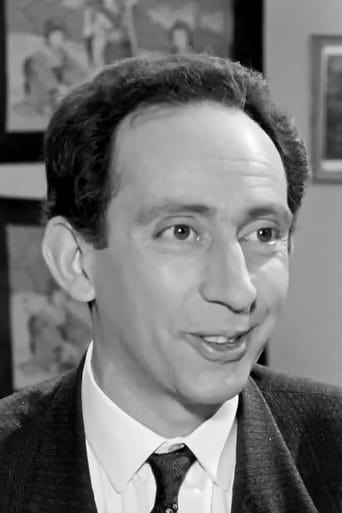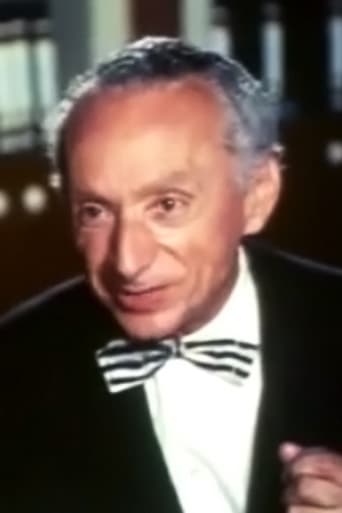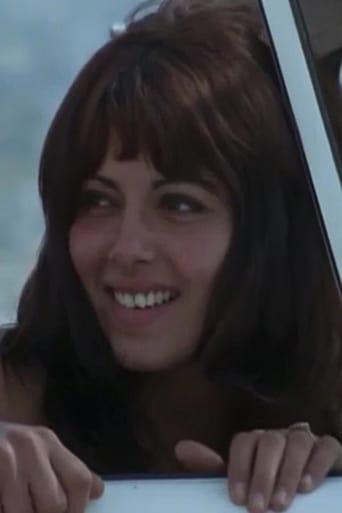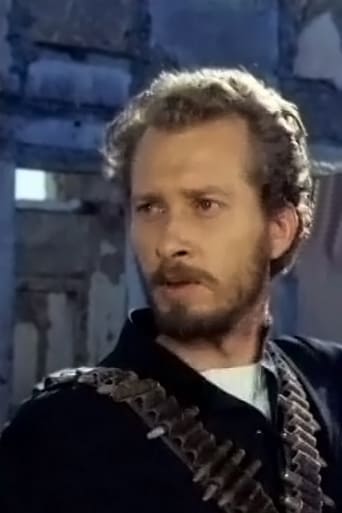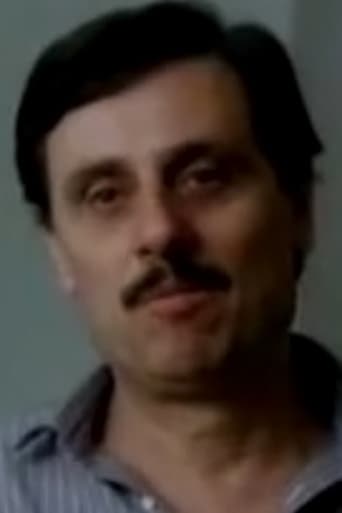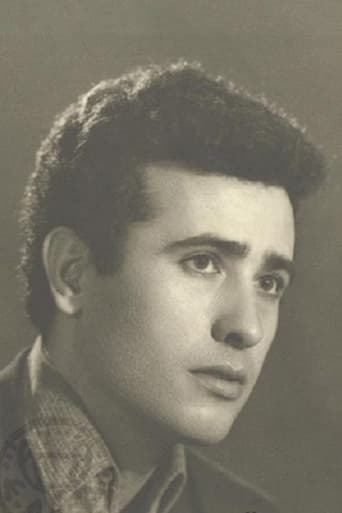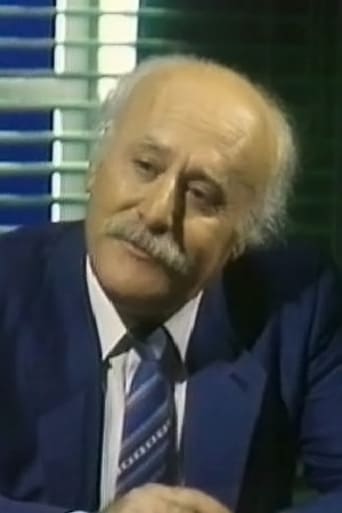This expansive Greek drama follows a troupe of theater actors as they perform around their country during World War II. While the production that they put on is entitled "Golfo the Shepherdess," the thespians end up echoing scenes from classic Greek tales in their own lives, as Elektra plots revenge on her mother for the death of her father, and seeks help from her brother, Orestes, a young anti-fascist rebel.
Similar titles
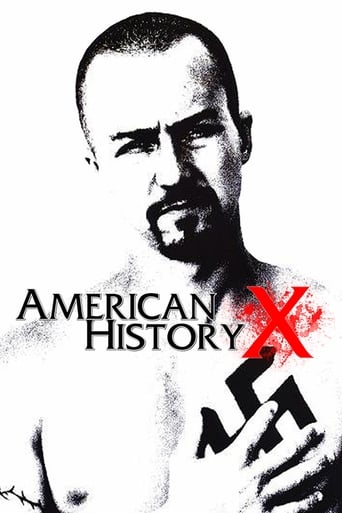

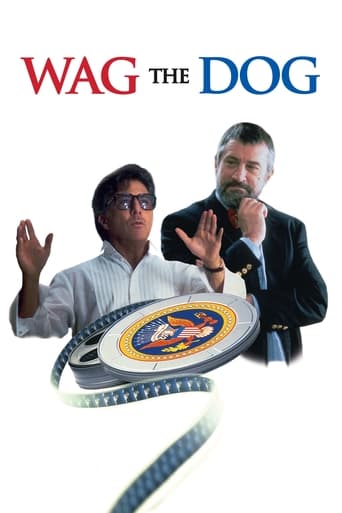
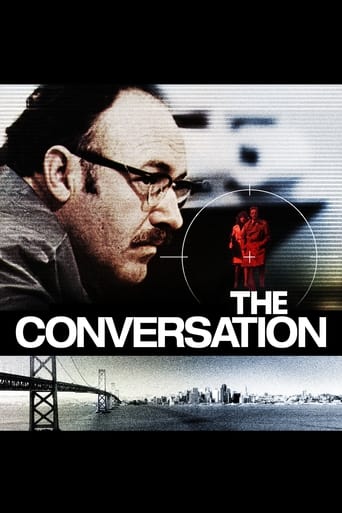


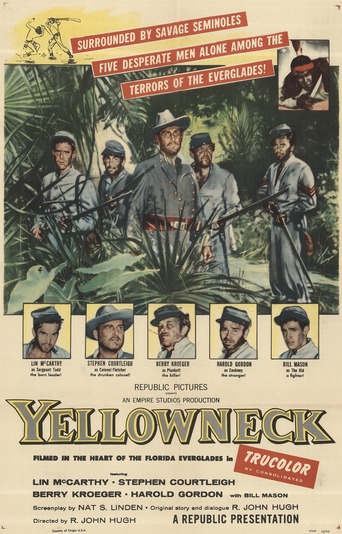
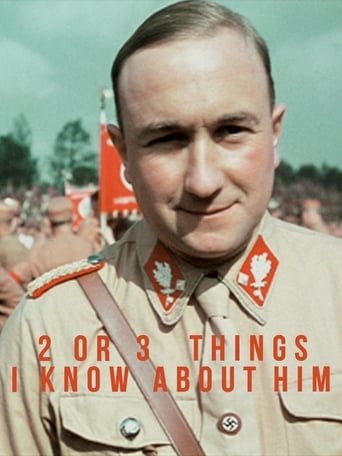
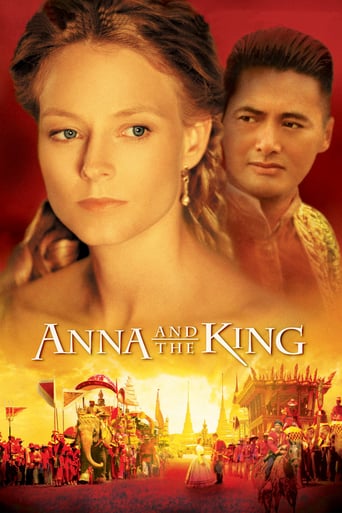
You May Also Like
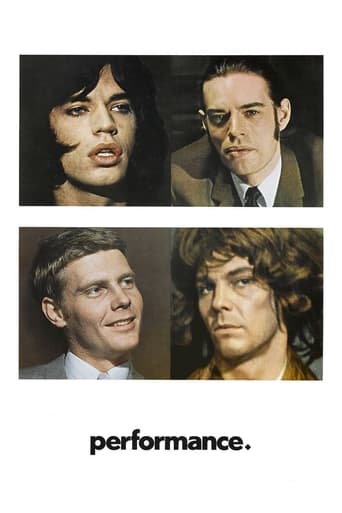
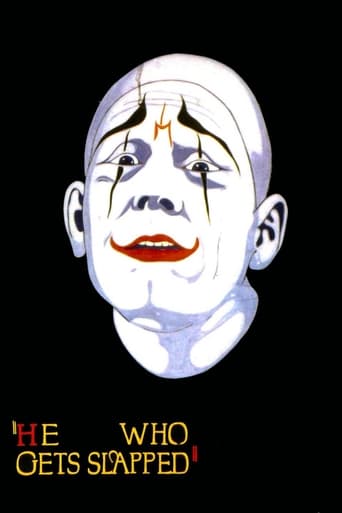
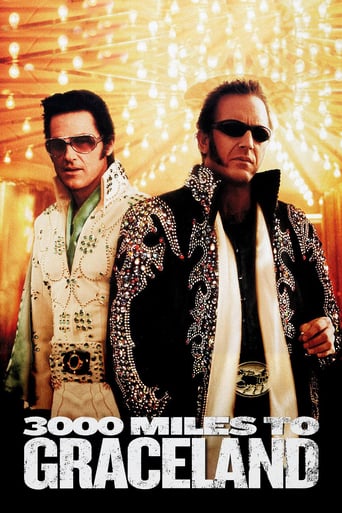
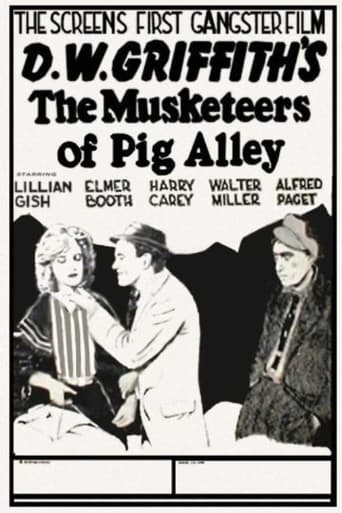

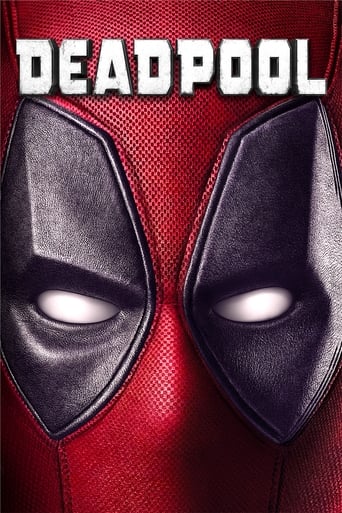


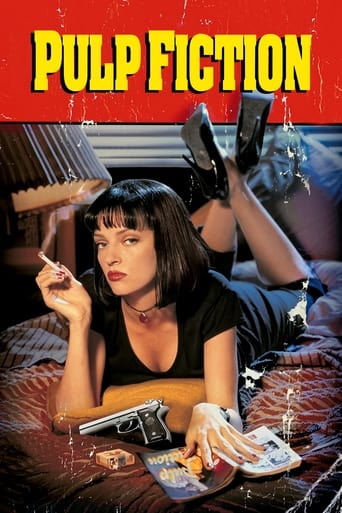

Reviews
Thanks for the memories!
Simply Perfect
Am i the only one who thinks........Average?
This film is so real. It treats its characters with so much care and sensitivity.
A flawed masterpiece from Angelopoulos, the first of a number of great films of his you can pick at if you want. First and foremost, it is a technical achievement; almost 4 hours and only about 80 cuts! It goes against all we've gotten used to in film story-telling, and does it brilliantly.The story follows a troupe of actors back and forth through the years 1939 to 1952. They're thrown about by the violent, sometimes absurd tides of Greek history, with victory over the Nazi's giving way to the rise of local fascists at home. The film is very Brechtian and distanced in style. We hardly get to know the characters at all, despite the running time. It's much more interested in the great tides of politics and time than individuals - which is both its strength and its weakness. I was always interested, sometimes horrified, but rarely touched emotionally. Also, some of the good/bad of the politics felt simplistic. That said, despite its length, I will re-watch it. I suspect I'll appreciate the amazing scope of it's vision and the bravery of it's style even more without expecting to get caught up in the people in a conventional way.If you have the chance, get ahold of the 'New Star' DVD, which was only in release a short time. The transfer was supervised and approved by Angelopoulos, and certainly looks wildly better than the commonly found VHS tape.
The outline of the film is that in 1952, the players debark and look back upon the prior thirteen years of their nation's turmoil. The film then shifts back to 1939, and proceeds in a straight chronological fashion back to 1951. The players, who may or may not be related by blood, are a mixed lot of old and young, male and female. Early on, the young males join the Communist Party to first fight off the Nazi Occupation, and then battle the Nationalist Greek government. Yet, we barely see them throughout the rest of the film. No single actor dominates and all are fairly anonymous (which is why giving the names of the characters (the few one might be able to discern) and the actors is pointless; although, at three points in the film, characters break the fourth wall to speak directly to the audience in soliloquies. The first is when an old player talks on a train about his experiences battling the Turks in the 1920s. The most jarring- and least effective- is when a raped woman turns her suffering into a diatribe on the rape of Greece by outside forces. The final one is when a prisoner of war returns home to describe his torture, including the Sisyphan task of moving rocks up hills, only to move them back down. This usage, however, only emphasizes the fact that they are not real individuals, but a literal Greek Chorus, commenting on the history that passes them by, for never do they really participate. They are almost always passive observers. This is most starkly represented when we see the players scurrying in the dark foreground of a street battle between Communists and Nationalists in a lighted background. Both parties advance and retreat in a highly choreographed, symbolic, and beautiful way. Yet, never do the players take sides in the historical drama. Another scene where this is made clear is when the players are stopped by British forces who make them perform their pastoral play, called Golfo The Shepherdess, on a beach- the only time we see the troupe get to perform it to its completion, for, before that, is always interrupted, but not in the humorous manner it would be in a Fellini film. When stopped, one of the older male players pleads for mercy to the British that they are not Communists. The scene ends with the Brits and players dancing together to an accordion version of It's a Long Way To Tipperary, only to end with a gunshot piercing and killing one of the young British soldiers, who falls to his death in the sand.The transfer of the Region 2 DVD, from the Greek company New Star, is better than the version of Days Of '36 that they released. It is nearly pristine. There are no extra features to speak of, save for colored subtitles which allow for easier reading. The film is in a 4:3 aspect ratio. The scoring by Loukianos Kilaidonis rarely is extra-diagetic. Most of the music ushers forth from the characters and their natural surroundings, which only adds to the Symbolic quality of the film. The screenplay by Angelopoulos alone, is a damned good one, as described above. The only flaw being its length, one wonders if a more experienced (at that time) screenwriter could have convinced Angelopoulos to trim the script and film down into unequivocal greatness.The cinematography, by longtime Angelopoulos collaborator, Giorgos Arvanitis, is superlative. There are scenes in the real world that feel otherworldly, and there are scenes that are symbolic that look real. Arvanitis makes beauty out of grubby alleys, twisted garbage and debris, and evokes emotions with long dolly shots, often looking away from the seeming main action of a scene to focus on a seemingly minor thing. He also will have the camera linger on a character's reaction to something, without showing us the thing, or showing it only later than expected. There are also very few sunny shots in this film. In fact, the whole Angelopoulos canon has few shots that are sunny in it. Hibernal dawns and dusks, earth tones, and cool blues, abound. The man seems to relish the hues, real and psychological, that are evoked by overcast skies. It is also claimed that the whole 222 minutes of the film is wrought with less than a hundred individual shots- a remarkable show of formal patience, and trust in the images and audience's appreciation for them, on the part of the director.The Travelling Players should also be commended for not falling into the trap of caricaturization, which often happens with clumsily deployed symbolism. No group- not Nazis nor Communists, British nor Italians, Nationalists nor Americans, are shown as without blame in the Greek situation. This is because the film, despite its abundant use of political symbols, is definitely not a political film, but a Symbolic one. The Symbolism dominates the political content for the focus is on illustrating human behavior in extremis; a condition brought about by the politics of the time. But, it could just as easily have been brought about by religious oppression, natural disasters, or disease. A final point about this remarkable and daring film is that, despite its length, and despite its deployment of Symbols, it is, unlike the films of David Lean, definitely not an epic. In fact, the film deliberately miniaturizes history into the small moments, a collage of indignities, that define the lives of the players, and in that miniaturization, it maximizes the human experience for its audience. How many films, great or not, can stake that claim?
O Thiasos is one of those cerebral and omphaloskeptic movies that just do not happen anymore, shamelessly demanding from the viewer to attune to its eccentric pace. Space and time become pawns in the director's hands, who in effect accomplishes their operatic tranquility in contrast to the static directorial style. In rejecting all conventions of academic narrativity it sustains its formulaic enigma throughout its considerable length, persistently (and obsessively) questioning the freedom of man in a world domineered by irreversible occurrences. Boosted equally by grandeur, mystifying symbolism and pictorial lyricism the film comes to its redeeming conclusion. Enchanting, liberating, revolutionary, focused and precise. Both coldly objective and passionately subjective. A rare masterpiece.
Theo Angelopoulos is one of the acknowledged masters of cinema, and yet he remains little seen: an acquired taste. It is easy to see why. Unlike other greats, like, say, Renoir and Mizoguchi, who, though firmly rooted in their own national cultures, present characters and narratives generally recognisable, Angelopoulos is forbiddingly national (as opposed to nationalistic: there are echoes of everyone from Fellini to Bunuel to Ozu in this film) in his outlook. Watching this film without any knowledge of Greek history, literature or mythology can be very frustrating - every time you see a character, event, composition, you know it alludes to something else, but because you don't know what, you feel like you're missing the point of the film. La Regle Du Jeu is enriched by a deep knowledge of French History, but can be enjoyed by anyone with an interest in cinema, stories or humanity. Angelopoulos' films don't have this surface level of entertainment - everything is symbolic and loaded.Does this mean that the only enjoyment of the film can be a cold admiration of form? No. Even if we don't understand the specifics, we can recognise the horrors of a nation beset by continual tyranny. The metaphor of a theatrical troupe, travelling throughout Greece, is subtly used. Rather than actors, or commentators on history, as we'd expect, they're always continually observing, on the margins. Modern Greece is a labyrinth - the film is dense with streets, corridors, doors, offering no escape, just an endless loop, leading to dead ends of time and space. Fascism has exploded these notions in its denying of history and its attempt to homogenise space, and the same frame can hold events decades apart.The travelling players are exiles in their own country. Like Bunuel's discreet diners, they can never finish their play: when they do it results in death, stagnation, and a break up of the troupe. They're bewildered like Pirandello's Six Characters, not necessarily searching for an author (they have one - Greek history), but trying to escape him. The great irony is that they cannot remain untainted by the times - one's son is a partisan, another is an informer.Angelopoulos' use of the medium really does inspire awe. His slow, long takes, long-shot compositions and camera movements, open the mind to new conceptions of time and space, forbidden by the ideologies ruling Greece. The film is full of remarkable, shocking set-pieces; austere quiet bursting into Fellini-esque disruption; revels and song turning into murder and horror; editing so spare that each cut becomes a jolt. Songs, birds and water are the driving metaphors here: how fascism appropriates our minds, imagination and especially our voice; how our reaching for freedom is always curtailed; how history is a never-changing trampling on the vulnerable.Angelopoulos is a modernist - he still believes in the power of witness, and the ability to assert truth, which is refreshing in these times where irony is confused with indifference. Compare THE TRAVELLING PLAYERS with Nabokov's Bend Sinister, similarly concerned with artists in a totalitarian system. Angelopoulos' systematic attempt to shore fragments against the ruins is denied by Nabokov, who bleakly suggests through fragmentation, distortion and disrupton that there is no shoring, that the only plausible rebellion is madness. Angelopoulos' view is, in many ways, more reassuring.The film is not without its problems - a raped woman stands up to recite the rape of Greece in a queasy monologue; hateful royalists are coded homosexual to suggest sterility and death; there is, at times, a humourless self-righteousness and portentousness to the film that grates. But, before he slipped into the vague artiness of his later works, its astonishing to think that people could make films like this. In the way that you may not hold Finnegan's Wake or the Sistine Chapel to your heart, THE TRAVELLING PLAYERS is unloveable, but it's a rare experience in the cinema of the sublime. (And, believe me, once you've attuned yourself to Angelopoulos' rhythm, you won't want those four hours to end)
Top Streaming Movies











